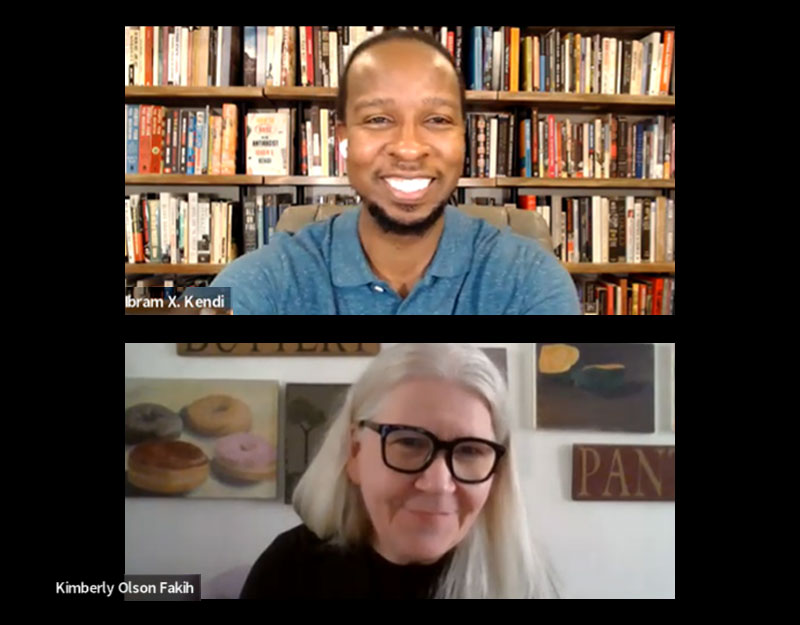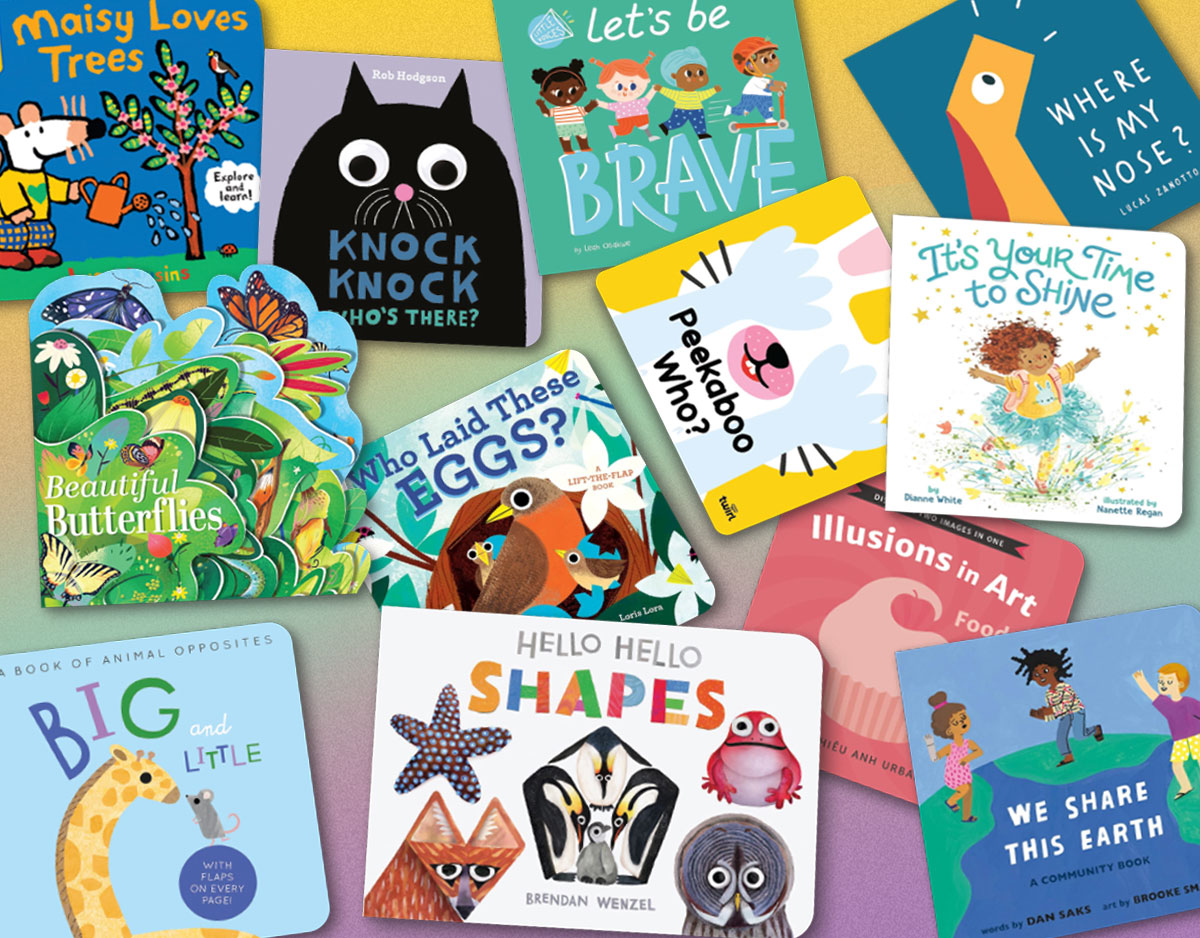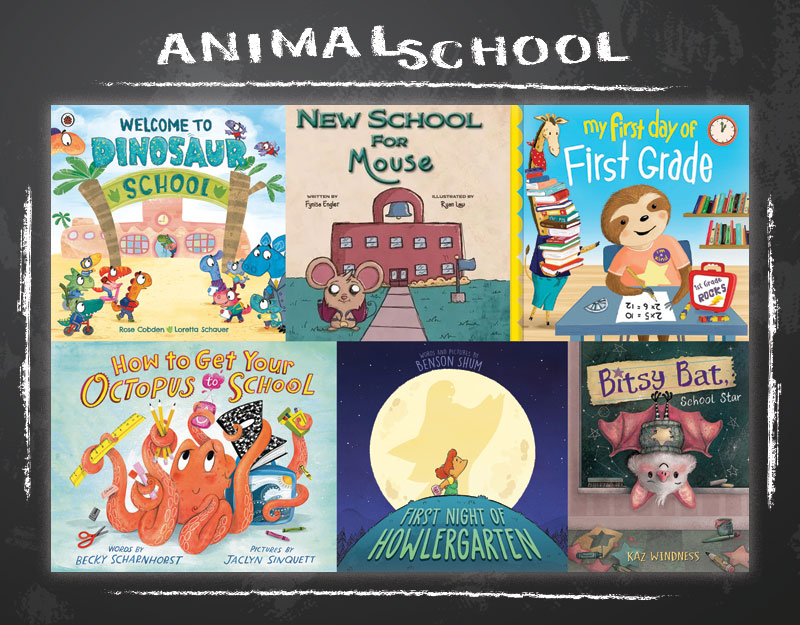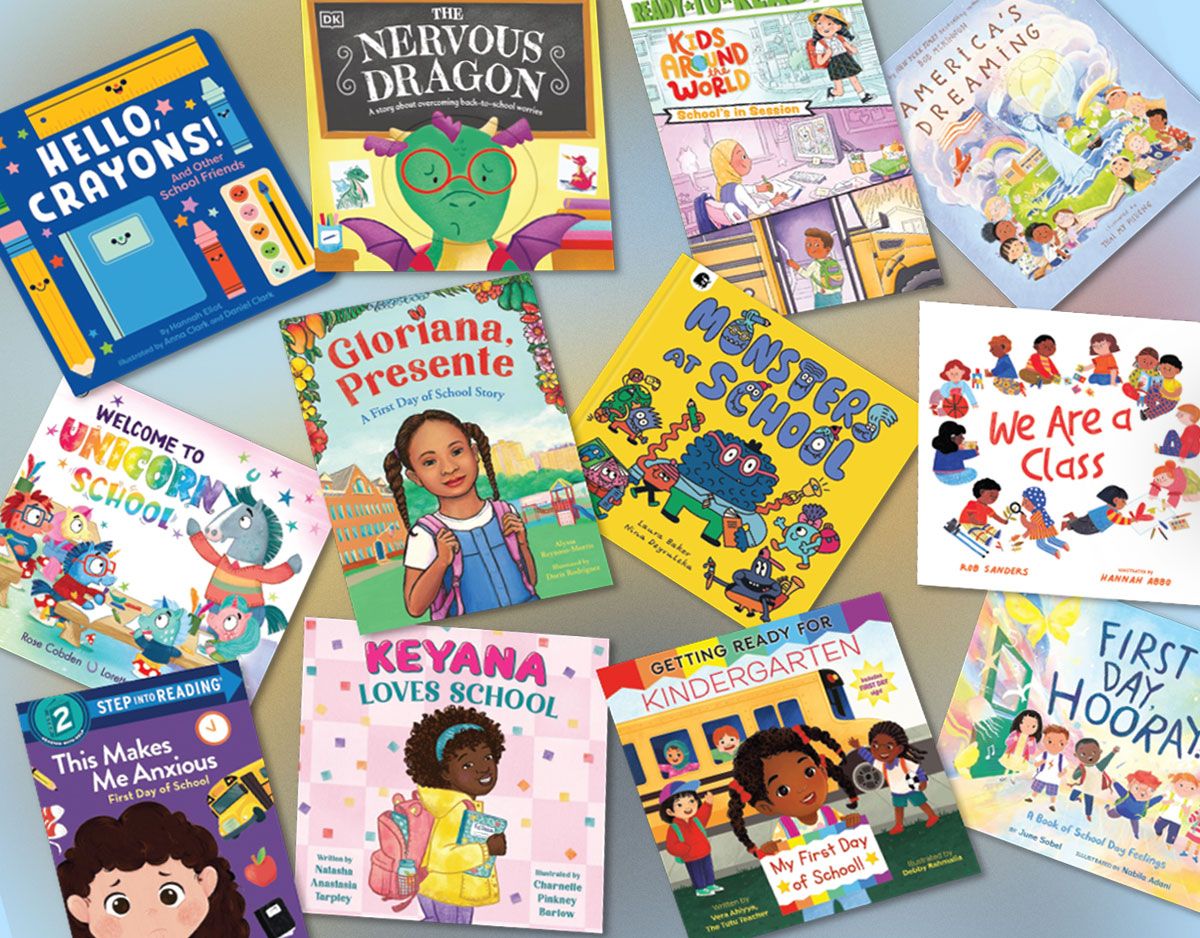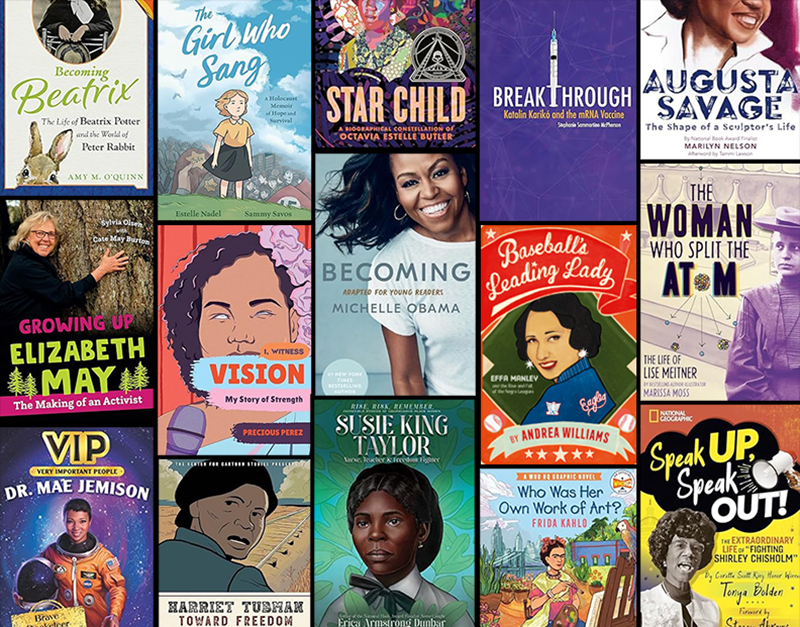Searching for Songlight, Finding Hope in a Dystopian World, a guest post by Moira Buffini

Dear Reader,
I have wanted to write this story, about a world where humans have developed telepathy, for many years. As a child, I used to imagine people so vividly that I’d believe they were really present.
When I wasn’t with my friends, I’d still be playing with them. I’d see them, hear them, they were there. I don’t think this is uncommon. Perhaps it’s why we love stories about telepaths.
ADVERTISEMENT
ADVERTISEMENT
When I was in my teens, I read The Chrysalids by John Wyndham, written in 1955, a story of telepaths set in a postnuclear future. It’s essentially an adventure story, but it’s also a great Cold War novel about the most pressing issues of the time. I began to devour other books that used the future to explore the present. I discovered George Orwell and my heroines, Margaret Atwood and Ursula K. Le Guin. They have been my inspirations.
Postapocalyptic stories have a strange optimism because the worst has happened. We are with the survivors and the Earth is in fragile recovery. Brightland is a beautiful country, but it has areas of great toxicity, where humans can’t live and nature is still out of balance. The ruins of today’s world are still visible, and our society represents a kind of classical or biblical past. We are remembered as the Light People, as it is rumored we once burned so much power that we lit the whole planet at night.
I wanted to write in celebration of friendship, where my young protagonists would be caught up in a world of politics and national events. I wanted them to have agency in these events, navigating their way through a treacherous world. I also wanted to write about the great negatives of our time: misogyny, inequality, the horrific ideas of fascism and eugenics that never seem to die, our terrifying destruction of the planet. An idea took shape in my mind. Lark and Nightingale live in different places, they have never physically met—and yet their friendship brings about seismic change.
The part of the human brain which makes and remembers song is far older than that which makes language. Song is the most primal way in which humans communicate. It inspires shared emotion and communion with the gods. And in many traditions of art, our spirits are represented as light. So, my version of telepathy is called songlight. The communication that songlight offers can’t be controlled, and it’s therefore a significant threat to power. It’s not hereditary, neither is it something that only happens to one gender. It’s inherent. Songlight isn’t a superpower, neither is it magic. It simply shines a light on our ability, as a species, to connect with one another and act together. Songlight fully develops at puberty. For adolescents in Brightland, it’s a crisis. In an oppressive, misogynistic society, to be oneself requires great courage.
I have been a storyteller all my life, but Songlight is my first novel. I loved writing it and I hope you enjoy reading it.
With best wishes,
Moira Buffini
Meet the author

ADVERTISEMENT
ADVERTISEMENT
Moira Buffini is an Olivier Award–winning UK playwright and BAFTA-nominated screenwriter, writing many plays for the National Theatre and the West End. Films include Tamara Drewe, Jane Eyre, Byzantium, and The Dig. She cocreated and was showrunner of Hulu’s Harlots. Songlight is her first novel. She lives in London.
About Songlight
Star-crossed lovers, against-all-odds friendship, and a brutally unforgiving world make this first in a trilogy utterly unforgettable.
We’re two songs joined. And there’s a word for that. A harmony.
Elsa is used to hiding the most important parts of herself—her feelings for Rye, her distaste for a world ruled by men, and, most crucially, her gift of songlight. She buries that secret deep inside. In Brightland, those with songlight are called Unhumans and are abhorred. Rye is the only other person Elsa has known with songlight, and their shared bond has brought them together.
Elsa’s world begins to fall apart one desperate, heart-wrenching day and she doesn’t know where to turn until a girl appears before her. But the girl isn’t really there—her songlight has been drawn to Elsa’s frantic grief.
Elsa lives in a remote seaside village; Nightingale, her new friend, lives in a city hundreds of miles away with her father, a government official responsible for rooting out Unhumans. The two never expected to connect via songlight. But when they do, and when they realize the extent of their power, they’ll be thrust in the middle of a war that threatens their very existence.
From an award-winning screenwriter making her novel debut comes this powerful, page-turning trilogy perfect for fans of Sabaa Tahir and Adrienne Young.
ISBN-13: 9780063358218
Publisher: HarperCollins
Publication date: 09/03/2024
Series: Torch Trilogy #1
Age Range: 13 Years
Filed under: Guest Post
About Amanda MacGregor
Amanda MacGregor works in an elementary library, loves dogs, and can be found on BlueSky at @amandamacgregor.bsky.social.
ADVERTISEMENT
ADVERTISEMENT
SLJ Blog Network
Should I make it holographic? Let’s make it holographic: a JUST ONE WAVE preorder gift for you
Press Release Fun: Happy Inaugural We Need Diverse Books Day!
Magda, Intergalactic Chef: The Big Tournament | Exclusive Preview
Fifteen early Mock Newbery 2026 Contenders
When Book Bans are a Form of Discrimination, What is the Path to Justice?
ADVERTISEMENT



